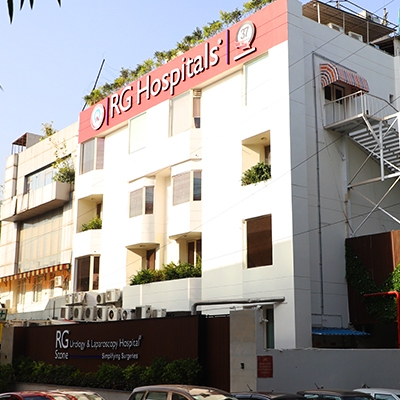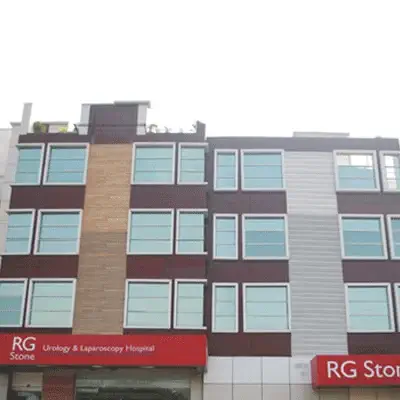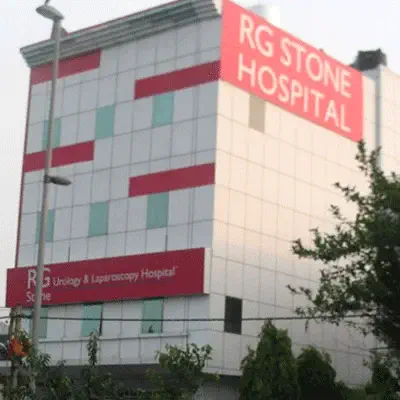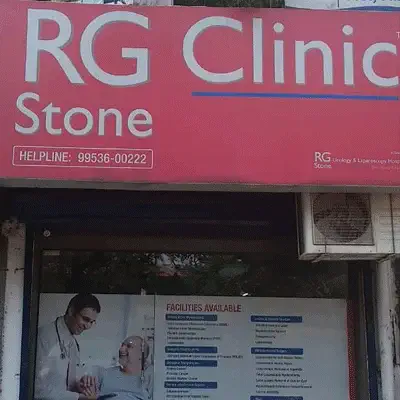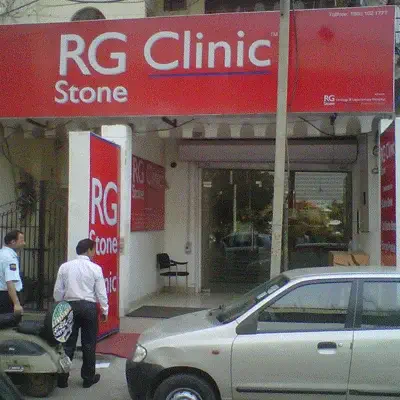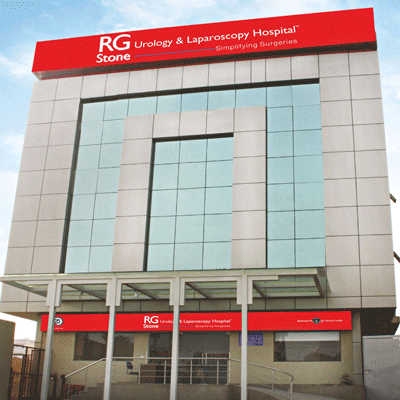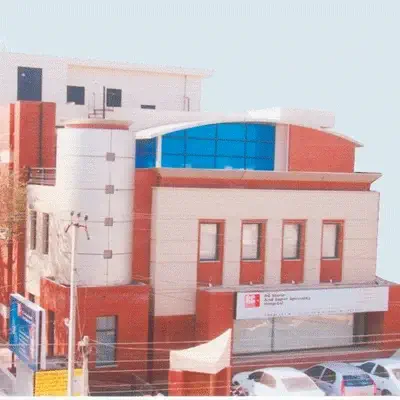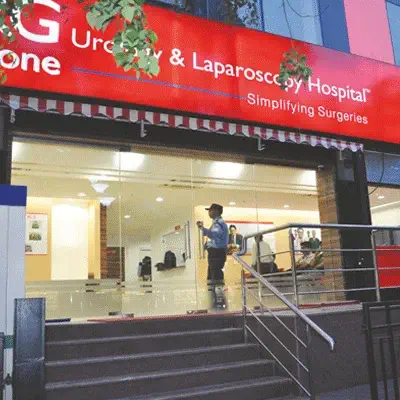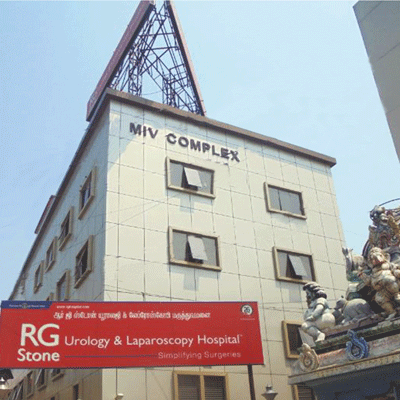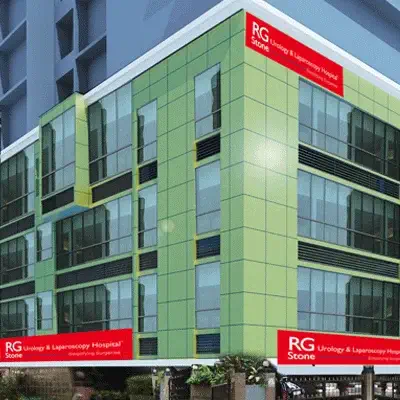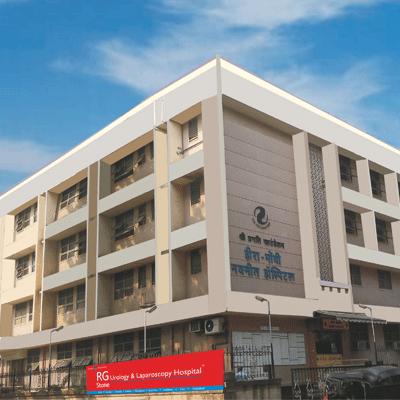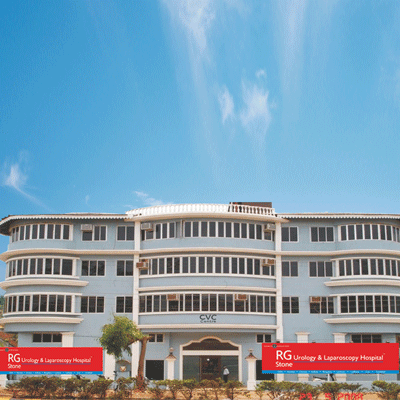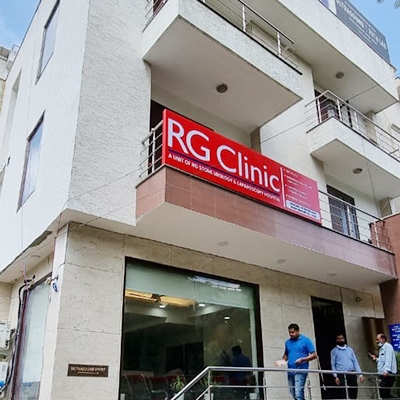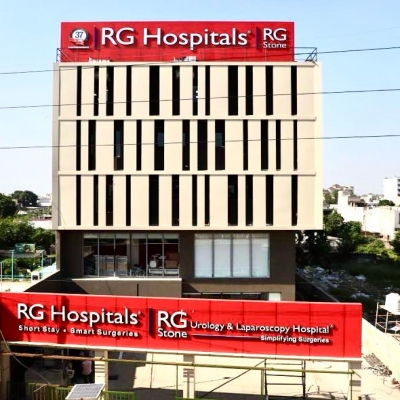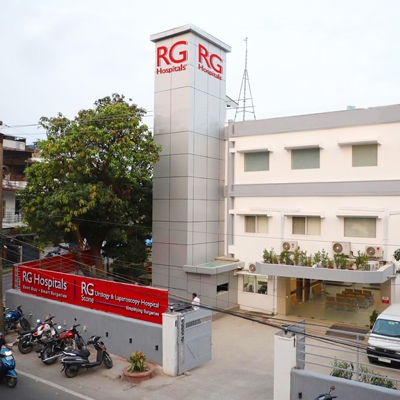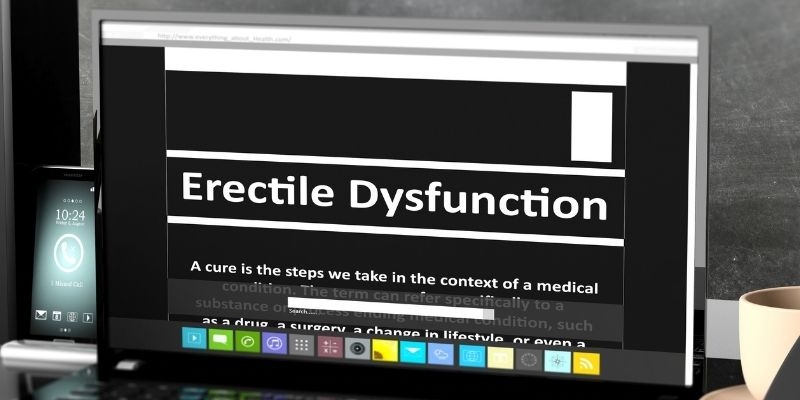Erectile Dysfunction (ED) is a common condition characterized by the inability to achieve or maintain an erection sufficient for sexual activity. Various factors can contribute to ED, including physical, psychological, and lifestyle influences. Common physical causes include cardiovascular disease, diabetes, and hormonal imbalances. Psychological factors such as stress, anxiety, and depression can also play a significant role. Additionally, lifestyle choices like smoking, excessive alcohol consumption, and obesity may exacerbate or contribute to the development of ED. Identifying the underlying cause is crucial for effective treatment and management.
Diagnosing ED involves a comprehensive evaluation, including a detailed medical history, physical examination, and potentially additional tests such as blood work or imaging studies. The goal is to determine the root cause of the condition, whether it be physiological, psychological, or a combination of both. Treatment options vary based on the underlying cause and may include lifestyle modifications, medication, or psychological counseling. In some cases, advanced treatments such as penile injections, vacuum pumps, or surgical interventions might be recommended. A personalized treatment plan is essential for addressing the specific needs and improving the quality of life for individuals experiencing ED.
Procedures & Interventions
If ED is caused by hormonal imbalances, such as low testosterone levels, hoan advanced surgical technique used to treat benign prostatic hyperplasia (BPH), or prostate enlargement. This minimally invasive procedure uses a laser to enucleate, or remove, excess prostate tissue, providing significant relief from urinary symptoms. MiLEP offers reduced bleeding, faster recovery, and shorter hospital stays compared to traditional surgeries.rmone replacement therapy may be prescribed. This treatment can help restore hormone levels and improve erectile function.
These devices create a vacuum around the penis, drawing blood into it and helping achieve an erection. A constriction ring is then placed at the base of the penis to maintain the erection.
Medications injected directly into the penis can help increase blood flow and produce an erection. This method is usually considered when oral medications are ineffective or not suitable.
Surgical insertion of a penile implant may be recommended for severe cases of ED. Implants can be either inflatable or malleable, allowing for manual control or mechanical adjustment to achieve an erection.
This non-invasive treatment involves the use of low-intensity shockwaves to stimulate blood flow and promote healing in the penile tissues. It is considered a newer approach and may be used in conjunction with other treatments.

If ED is caused by hormonal imbalances, such as low testosterone levels, hoan advanced surgical technique used to treat benign prostatic hyperplasia (BPH), or prostate enlargement. This minimally invasive procedure uses a laser to enucleate, or remove, excess prostate tissue, providing significant relief from urinary symptoms. MiLEP offers reduced bleeding, faster recovery, and shorter hospital stays compared to traditional surgeries.rmone replacement therapy may be prescribed. This treatment can help restore hormone levels and improve erectile function.

These devices create a vacuum around the penis, drawing blood into it and helping achieve an erection. A constriction ring is then placed at the base of the penis to maintain the erection.

Medications injected directly into the penis can help increase blood flow and produce an erection. This method is usually considered when oral medications are ineffective or not suitable.

Surgical insertion of a penile implant may be recommended for severe cases of ED. Implants can be either inflatable or malleable, allowing for manual control or mechanical adjustment to achieve an erection.

This non-invasive treatment involves the use of low-intensity shockwaves to stimulate blood flow and promote healing in the penile tissues. It is considered a newer approach and may be used in conjunction with other treatments.
Team of Excellence
Behind every recovery story at RG Hospitals is a team of exceptional doctors whose passion for healing and innovation continues to transform healthcare and redefine patient outcomes.
Find a DoctorLooking for an Expert
RG Hospitals is proud to be the home of some of the world's most distinguished doctors.

Patient Stories
View AllPatient Testimonial | Commitment To Care
Treated by Dr. Manoj Gupta , RG Stone Hospital, Dehradun
- All Locations
- New Delhi
- Haryana
- Punjab
- Kolkata
- Chennai
- Mumbai
- Goa
- Uttar Pradesh
- Uttarakhand


